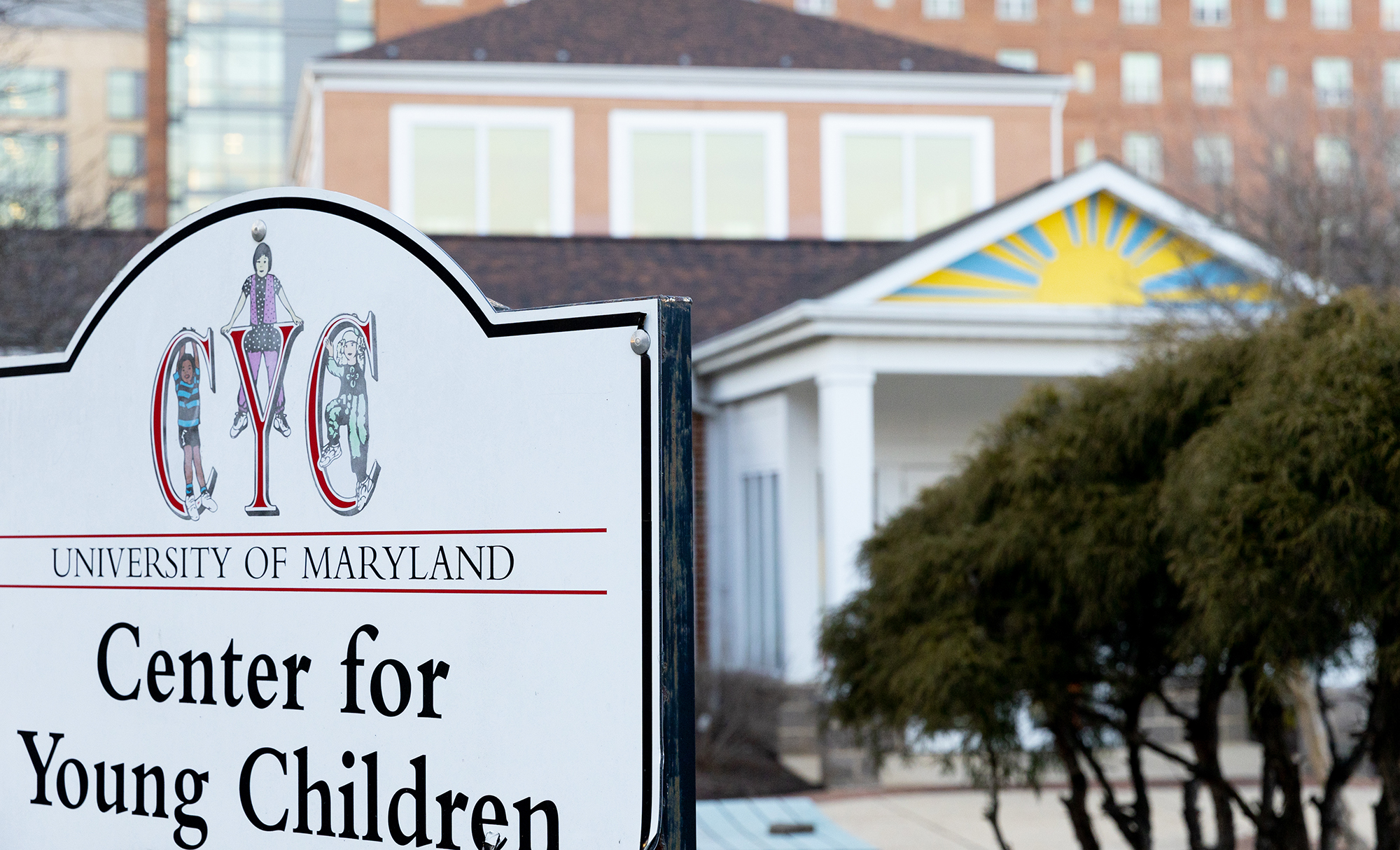By Lyna Bentahar
For the Diamondback
At the University of Maryland, faculty and staff who are parents of young children are still looking back on how the past two years have stretched them thin.
“Do I choose my kids today or do I choose work today?” Trisha Lay said.“You just feel so incredibly torn.”
With two young children at home, Lay said she has had “zero work-life balance” since the pandemic hit. Lay is a manager at the 4-WORK service center and her wife is a certified nurse midwife — both are on call 24/7.
National attention has turned to a post-pandemic future, with local and state governments moving away from mask mandates and companies figuring out how to bring workers back to the office.
Around the country, schools have been going through a transition between online and in-person schooling. As of early February, 98.9 percent of students are attending school in person where information is available, according to the U.S. education department.
While Lay’s 5-year-old was happy to have his family home, Lay’s 9-year-old daughter struggled, unable to see her friends.
[UMD students share COVID safety concerns about the spring semester]
Lay and her wife haven’t been using a babysitter, leaving it up to both of them to split their time and strategize how to get their children to and from school every day.
“There’s a lot of guilt that comes along with it, with being a parent and being a working parent,” Lay said.
Earl Cabellon, the assistant director of human resources and student development at University Recreation and Wellness, found himself in a similar crossroads between occupation and family.
While his wife Angela Cabellon, the chief innovation officer and deputy chief administrative officer at the Howard County executive office, managed the pandemic at an administrative level, Earl Cabellon took on a greater role in the household.
He said he was happy to stay home with their son, saying he always wanted to be a present father.
However, Cabellon said there was also guilt in having to stay at home while students and colleagues returned to work in person without him.
“I’d be lying if I said it didn’t bother me and if I didn’t feel less than,” Cabellon said. “I was getting a salary when people were putting their lives in danger.”
Cabellon said the safety of his family won out over guilt.
“I arrived at a point where, as long as I was doing what I needed to do as a father and as a partner to protect my family, I was going to continue to work hard,” he said.
Maryland daily average COVID-19 cases are as low as they were mid-November, as of Feb. 17. Even so, the university has required people in classrooms to wear KN95 masks for the spring semester, while the county has extended its indoor mask mandate to March 9.
On campus, over 98 percent of community members are fully vaccinated.
But for some parents working at the university, the end isn’t quite near.
The rolling application to the Food and Drug Administration to expand the use of Pfizer BioNTech’s two-dose vaccine for children ages 6 months to 4 years has been postponed. Pfizer also said two doses failed to provide an immune response for children between 2 years old and 4 years old back in December.
[Here’s what the Black Plague can teach us about post-COVID labor trends]
The news was not what Kelly Ridings, the senior manager at the university’s residential facilities department, wanted to hear.
Ridings is the mother of a 7-year-old and a 2-year-old. While her older son is vaccinated, her younger son, Caleb, is currently ineligible.
Ridings said she feels especially frustrated when people question pandemic safety measures on the grounds of unvaccinated people having made their choice.
“I have a kid that can’t be vaccinated yet,” she said. “It’s not my choice.”
Tracy Sweet, an associate professor at the education college and mother of three children said while she understands everyone has handled the pandemic differently, she wants everyone to be kinder to one another.
Tracy Sweet’s youngest daughter just turned five and is now eligible for a vaccine. She will have a second dose at the end of the month.
“As a parent, you just are so thankful when your kids can get vaccinated, that it’s easy to forget the people that you’re leaving behind,” Sweet said.
But Sweet still feels for parents of small children, saying there was “this collective sob” in response to the discouraging news about the Pfizer vaccine trials for children younger than five.
“Parents are on their own for this entire pandemic,” she said.



